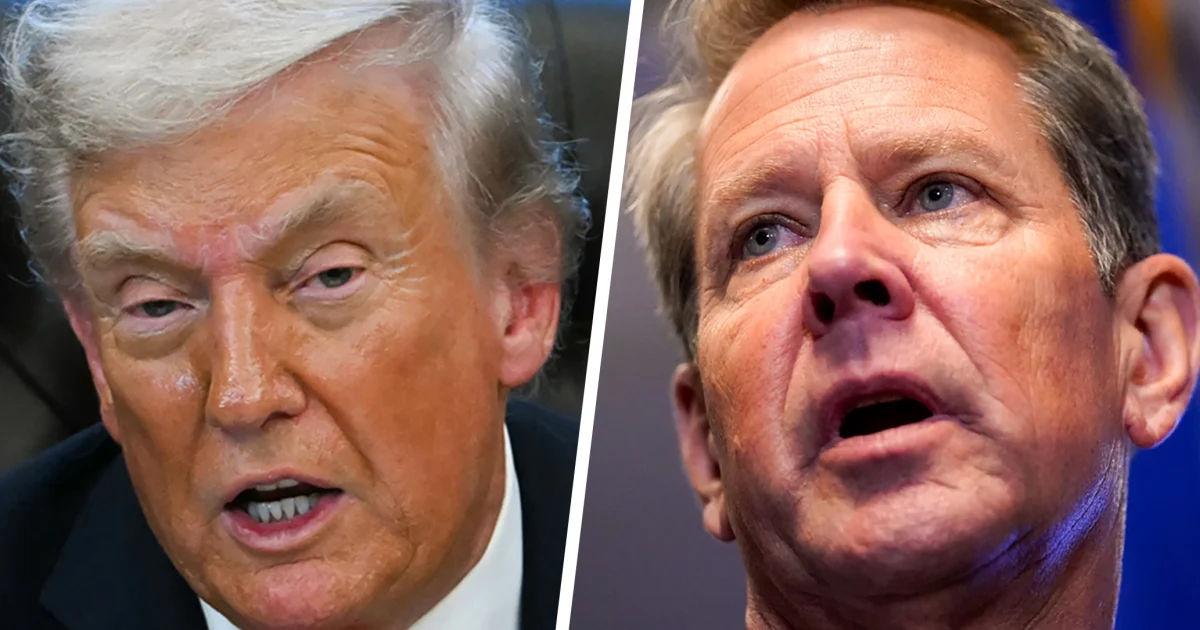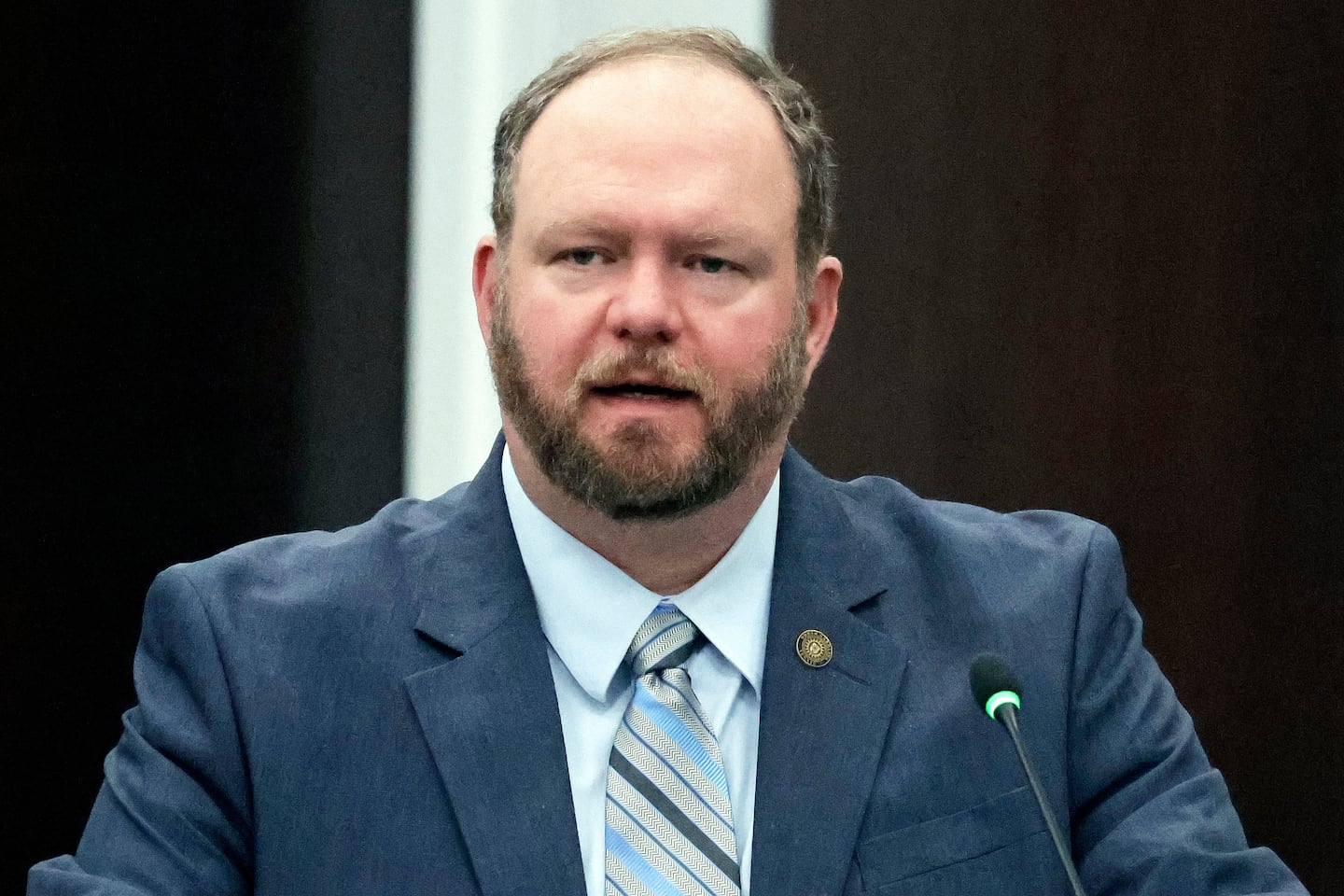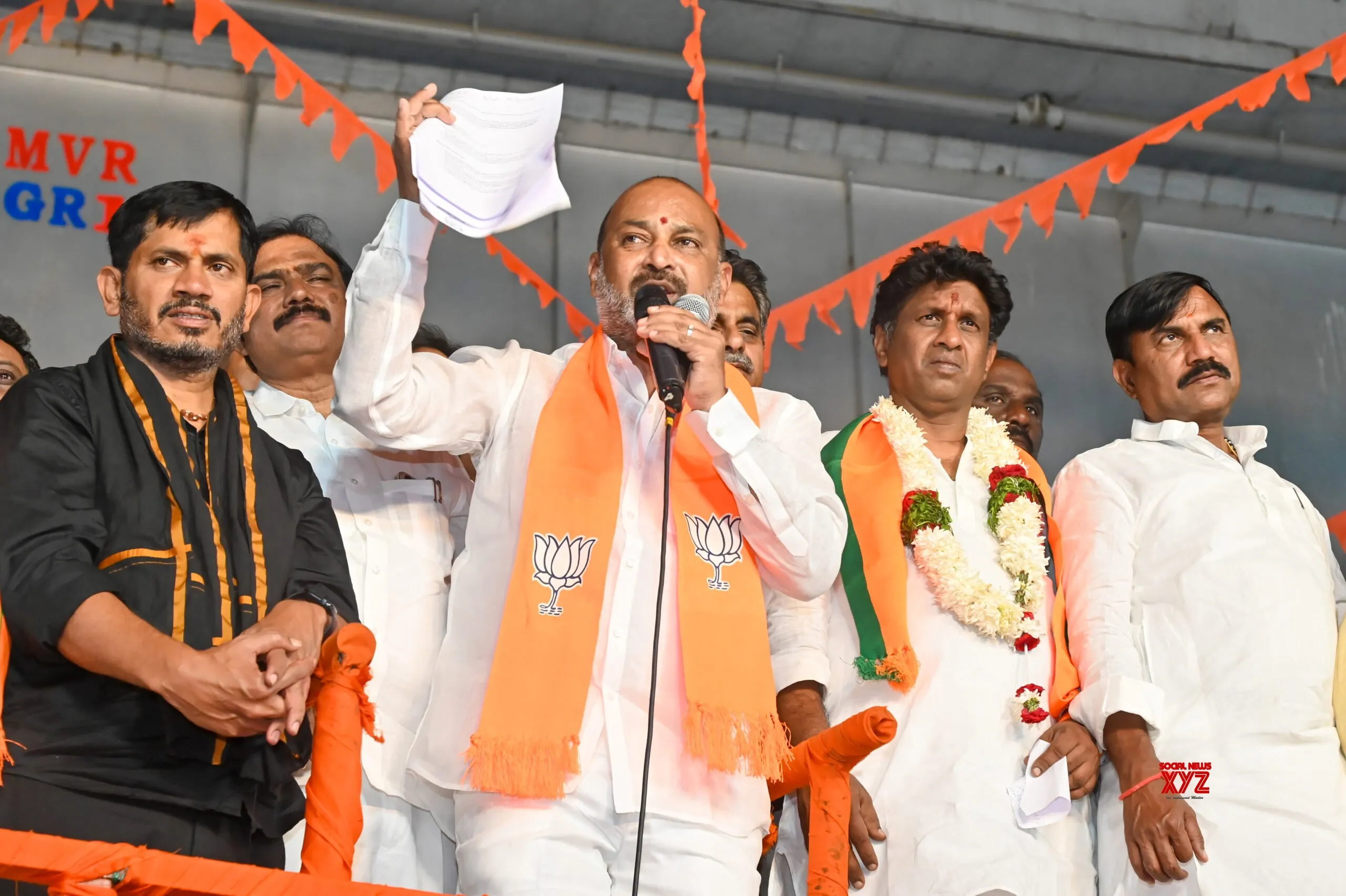Copyright businessday

In the US, the numbers still look good — until you look closer. Unemployment is low, the economy is “resilient” and the markets keep brushing off every scare. But behind the polished media releases and confident headlines, the data no longer tells the truth. It’s being managed, revised and reframed — not to inform, but to reassure. We’re living through the quiet disintegration of honest economics. Mirage of stability The modern economy runs on perception. Every week brings a new metric meant to soothe investors and voters alike: jobs added, inflation cooling, growth returning. Yet each number is followed weeks later by a quiet revision — the silent confession that the story wasn’t quite true. Earlier this year, US payroll data was quietly revised downward by 911,000 jobs. June, once reported as a gain, became a net loss. GDP figures, too, were adjusted down after months of optimism. Even inflation data — already massaged through “core” indices that exclude essentials such as food and energy — no longer resembles what people actually feel at the grocery store. It’s not just bad maths, it’s a crisis of credibility. Economists call it “flying blind”— when policymakers and investors are forced to navigate based on data they know they can’t trust. But that’s exactly where we are. The instruments are flashing green while the engine sputters. System depends on belief Central banks no longer create stability; they create belief in stability. The US Federal Reserve’s job has become less about monetary management and more about narrative control. Every word from its chair is a psychological signal to markets. Every data release is a performance designed to keep the public calm and investors engaged. But belief is fragile. The more it’s manipulated, the faster it evaporates. After decades of stimulus, zero interest rates and debt-driven expansion, the global economy is trapped. Raise rates too far and the debt bubble pops. Cut them too soon and inflation reignites. Every move is a trade-off between panic now or later. To buy time, the system turns to language. Numbers are smoothed, charts adjusted and phrases such as “soft landing” replace hard truths. But history is clear — when governments start rewriting the data, the story never ends well. This isn’t just about the US. Every major economy is engaged in the same act of financial storytelling. China massages growth figures. Europe quietly relaxes deficit rules. Japan keeps printing money to maintain an illusion of normalcy. The global system depends on the shared pretence that debt can rise forever without consequence. But confidence is a currency, too — and it’s running out. The treasury market, once the bedrock of global finance, is showing cracks. Foreign buyers such as Japan and China have been reducing their US bond holdings for years. The US Federal Reserve, meanwhile, is posting losses for the first time yet. Even the bond insurers — the safety net under the safety net — are stretched thin. When the most trusted assets start wobbling, it’s not a liquidity issue; it’s a faith issue. Return to real value You can’t fake scarcity forever. That’s why investors, institutions and even central banks are quietly turning back to gold and bitcoin. Not as speculation, but as insurance. Real assets are becoming the refuge for those who no longer trust the numbers. We’re entering a new era, in which credibility itself becomes the rarest commodity. Economic models can be rewritten, currencies can be digitised and metrics can be redefined, but the truth always resurfaces. The next crisis won’t just be financial. It will be epistemic — a collapse of what people believe about the system that governs their money. When data becomes politics, and politics becomes money, the economy stops being a mirror of reality and becomes a theatre of illusion. And when the lights finally come up, we may realise we were flying blind all along. • Muchena is founder of Proudly Associated and author of ‘Artificial Intelligence Applied’ and ‘Tokenized Trillions’.



